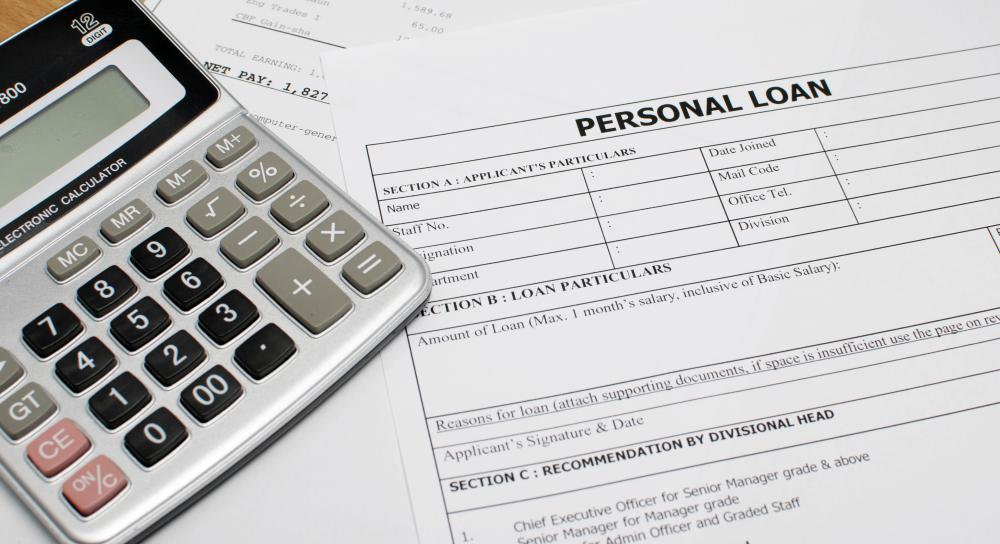Strategic Preparing For a Stock – Secured Loan Organization
Many individuals know or at least have an idea about stocks. On another hand, when stock loan is brought to the image, a lot of people have uncertainties. The word, but, should not be a mysterious one. To create it simple, this kind of loan requires possessing stock and credit income; in this instance, the stock collection becomes the collateral.
It gives characteristics with a mortgage loan , by which the house of the borrower becomes the collateral. Loans generally require collateral, which is often in type of stocks. The great thing about loans guaranteed by stocks is that the borrower may keep consitently the profits in the event of non-payment. Just the stock account is missing by the borrower. That is good because of the reduced chance involved.
Lots of people acquire stock loans because of the mentioned benefit. This sort of loan may be received on the web for convenience. Acquiring the loan is an excellent way to create accessible shares useful. Borrowers have various reasons for loan procur ement. Normal reasons include house order, home reconstruction, and education funding. Money could be separated quickly. In fact, obtaining income through that form of loan is quicker than through other loan types.
ement. Normal reasons include house order, home reconstruction, and education funding. Money could be separated quickly. In fact, obtaining income through that form of loan is quicker than through other loan types.
Stock-secured loans can in fact be procured applying several types of stocks. Lenders may possibly accept many kinds of shares as collateral. Borrowers might have several choices, but they’ve to generally meet specific requirements. Oftentimes, the measures are and only the borrower. Using for the loan , handling it, approval, and delivering of the funds may be moved out in a couple of days. That rate in the whole process favors those who require the amount of money proper away.
Observe that credit record, proof of employment, and revenue studies aren’t essential throughout the application. Paperwork should only be achieved inside a week, around the full time it requires to process the loan. Actually unemployed persons may receive stock loans. Particularly, penny shares, ties, international shares, shared funds, corporate securities, and MTNs can be used as collateral. Non-Americans can also use for the loan applying picked securities.
Sometimes, the collateral stock value may fall under 80% of the required amount. The borrower’s solution might be to add up another stock or cash to develop the required price to validate the loan. Keep in mind that this type of loan is non-recourse and it generally does not influence the credit ranking of the borrower.
If the worth of the collateral stock comes below the 80-percent expected value, the borrower has an alternative to produce up the deficit with income or another stock or safety to make the loan valid again. To walk away from the loan is still another option. The lender just maintains the collateral. Because a stock loan is a non-recourse loan , the borrower isn’t personally liable and the borrower’s credit status won’t ever be affected.
Stock appreciations, dividends and interests sustained all through the word participate in the borrower. The title of stock loans improvements when the borrower chooses to forfeit the collateral. The lender, on another hand, can benefit from these dividends once the borrower fails to meet up cost due date.
The same as some other loans, the chance of dropping an asset may be the disadvantage in obtaining a stock loan , particularly when the worth of the shares is constantly changing. You can just walk away if there exists a significant devaluation of collateral stock , ergo, minimizing your loss. Since number public report for this financing exists, there is no need to record it to the credit bureaus. A stock loan is not a questionnaire of constructive sale and therefore maybe not taxable. It is really a acknowledged exception by the Inner Revenue code.
So long as the borrower repays the loan , he alone benefits from stock appreciations, pursuits, and dividends sustained. The benefit can shift to the lender when the borrower surrenders the collateral. If the borrower fails to generally meet due repayment, the lender might take advantage of these dividends too.
